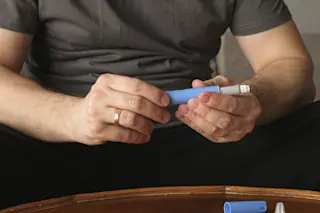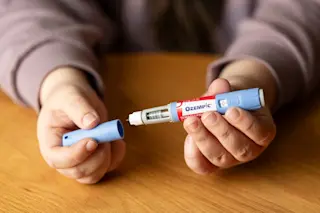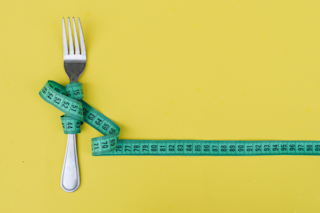Rebecca came to my clinic complaining of weight gain. This wasn’t my usual case. As a gastroenterologist, I typically hear concerns over weight loss, which suggests a serious medical condition.
Since adolescence, the 40-year-old had struggled physically and emotionally with obesity and eating issues. About three years before she landed in my office, she had a gastric bypass procedure to help her lose weight. The surgery was an unqualified success, and Rebecca, who had weighed 280 pounds, lost 120 pounds in one year and was maintaining her new weight. She had a slimmer appearance and a positive outlook on life.
When I saw her at my clinic, however, she was depressed and near panic. She had gained 3 to 5 pounds each month over the past six months. The physical transformation she had made was literally vanishing before her eyes. She was struggling emotionally because of it.
Bariatric surgeries, which ...















